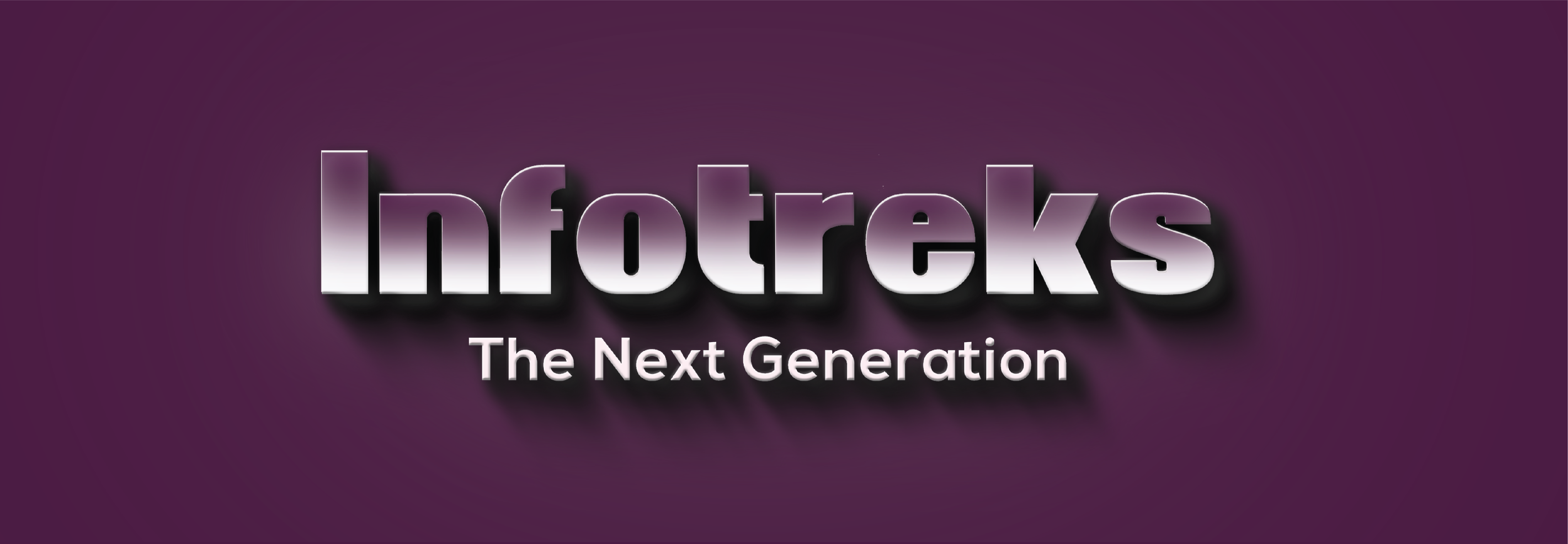1. Google Chrome
- Pros:
- Fast and efficient with excellent integration across Google services like Gmail and Google Drive.
- Extensive library of extensions for enhanced functionality.
- Cross-platform sync, allowing you to access bookmarks and history on any device.
- Regular security updates, ensuring protection from online threats.
- Cons:
- Consumes significant system resources, which can slow down devices with limited RAM.
- Known for extensive data collection, raising privacy concerns for many users.
Best for: General users who value speed and Google ecosystem integration.
2. Mozilla Firefox
- Pros:
- Highly customizable with privacy-focused features like tracking protection and "containers" to isolate browsing data.
- Lightweight and open-source, with a non-profit backing focused on user privacy.
- Supports numerous extensions, including privacy-focused ones.
- Cons:
- Slower performance compared to Chrome and Edge, especially on resource-intensive websites.
- Limited support for media-heavy sites and slower video streaming performance.
Best for: Privacy-conscious users who prefer open-source software.
3. Microsoft Edge
- Pros:
- Fast and optimized for Windows, using less system memory than Chrome.
- Includes useful features like vertical tabs, Collections for organizing online research, and PDF editing.
- Strong security with Microsoft Defender integration.
- Cons:
- Limited extensions compared to Chrome.
- Collects user data, raising privacy concerns similar to Chrome.
Best for: Windows users looking for a seamless, integrated browser experience.
4. Opera
- Pros:
- Includes a built-in ad blocker and free VPN, providing privacy and speed benefits.
- Sidebar integration for messaging apps like WhatsApp and Facebook Messenger.
- Customizable features, including light and dark modes, making it user-friendly.
- Cons:
- Not as fast as Chrome or Edge.
- Limited compatibility with legacy websites and fewer extensions available compared to Chrome.
Best for: Users who want privacy features like a built-in VPN and social media integration.
5. Safari
- Pros:
- Optimized for Apple devices, making it the fastest and most energy-efficient browser on macOS and iOS.
- Seamless integration with the Apple ecosystem, including iCloud syncing for bookmarks and passwords.
- Strong focus on privacy, with features like Intelligent Tracking Prevention.
- Cons:
- Only available on Apple devices, limiting cross-platform usage.
- Fewer customization options and extensions compared to other browsers like Chrome and Firefox.
Best for: Apple users who prioritize speed, energy efficiency, and integration with other Apple products.
6. Brave
- Pros:
- Privacy-focused, blocking ads and trackers by default.
- Built-in Tor integration for anonymous browsing.
- Earn cryptocurrency (BAT) for opting into privacy-respecting ads.
- Cons:
- Some websites may break due to aggressive ad and tracker blocking.
- Fewer extensions compared to mainstream browsers like Chrome.
Best for: Users who prioritize privacy and want to avoid ads without using extensions.
7. Tor Browser
- Pros:
- Unmatched privacy with the ability to access the Dark Web and complete anonymity while browsing.
- Blocks trackers and doesn't store browsing history or cookies.
- Cons:
- Significantly slower than other browsers due to its layered encryption process.
- Struggles with media-heavy content like videos and games.
Best for: Users who need top-tier privacy and anonymity, especially for accessing restricted content.
These web browsers all excel in different areas, so the best choice depends on your specific needs, whether it's privacy, speed, or cross-platform compatibility.

